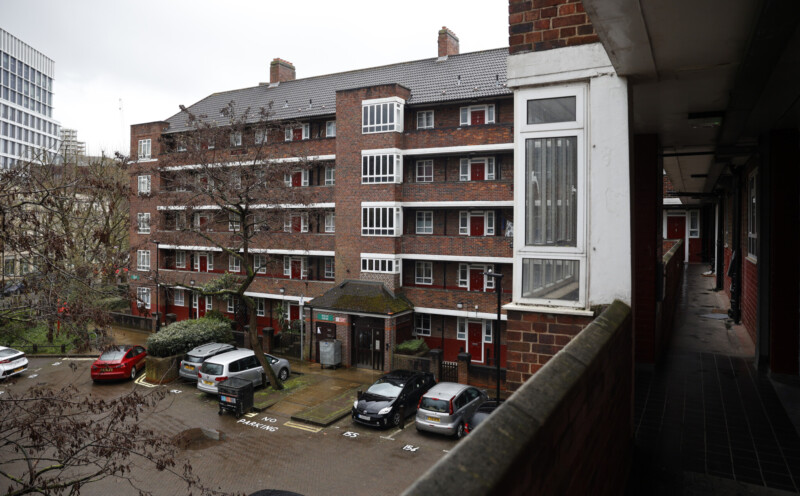Museum trustees should be able to “make the case” whether items in their collections should be retained or returned to their countries of origin, but instead were being “infantilised” and “hidebound” by legislation, Tristram Hunt, the director of the V&A, has said.
He was speaking as a diplomatic row between the UK and Greece over the future of the Parthenon marbles, held at the British Museum, blew up this week after Rishi Sunak abruptly cancelled a meeting with the Greek prime minister, Kyriakos Mitsotakis.
Hunt told the BBC: “I’m a strong believer that trustees of museum collections should have autonomy over those collections, and be able to make the case whether they should retain them within the UK or loan them to other museums around the world – or indeed begin a conversation around restitution and repatriation.”
That was already happening in many non-national museums, for example the Horniman Museum in south London, which had returned Benin bronzes looted from Nigeria, he said.
“But we have a situation whereby the British Museum, the Victoria and Albert Museum, some other national museums, are hidebound by [parliamentary] acts dating back to 1963 and 1983. [These] mean the trustees cannot make the argument that either these wonderful objects should be in conversation with other objects within their collection, or they think … they should be returned to countries of origin. We’re almost infantilised by this legislation because we hide behind it.”
Hunt, a former Labour MP, called for reform of the 1963 British Museum Act, which blocks the removal of items in its collection, and the 1983 National Heritage Act, which restricts “deaccessioning” by the V&A, the Science Museum and the Royal Armouries.
The Greek government has long demanded the return of the Parthenon sculptures, also known as the Elgin marbles, to Athens. Many in Greece regard their removal by Lord Elgin in the 19th century as theft.
A compromise plan for a “partnership” under which the sculptures would be returned to Greece on long-term loan has the backing of George Osborne, the chair of the British Museum. Almost two-thirds of Britons would support sending the sculptures to Greece, according to a poll in July.
On Wednesday, the Greek foreign minister, Giorgos Gerapetritis, stressed Athens’s claim to the sculptures as he attended a summit in Brussels with the UK foreign secretary, David Cameron.
Gerapetritis said: “As regards my meeting with Secretary Cameron, once again I would like to say that the Greek government has made a statement concerning the cancellation of the meeting with Prime Minister Sunak. What I have to say is that the unification of the Parthenon sculptures is a claim which is based not only on history, not only on justice but it’s a claim of ecumenical cultural values.”
Hunt said museum professionals were trusted by the public to give intelligent consideration to the past. If items were to be restituted or repatriated from national collections, a body similar to the export review committee should be established to provide a “sense check”.
He added: “We’re out of kilter with colleagues in France, Germany, the Netherlands, and I think it’s almost affecting Britain’s reputation in the world.”
Steve Barclay, the environment secretary, told Sky News: “I don’t think anyone wants to relitigate something that’s been settled for a huge amount of time. We have very good relations with the Greek government. In terms of the Elgin marbles, they’re part of the British Museum. That’s something that’s been a constant for many decades. I don’t think anyone sees any need for that to change.”
https://www.theguardian.com/culture/2023/nov/29/museum-trustees-legally-hidebound-over-repatriations-says-tristram-hunt




